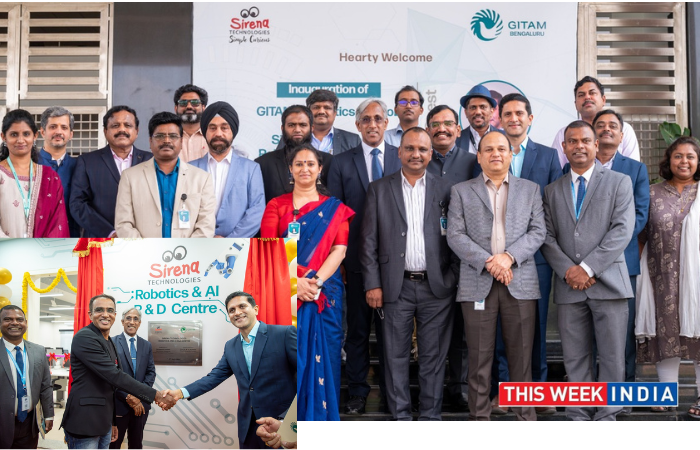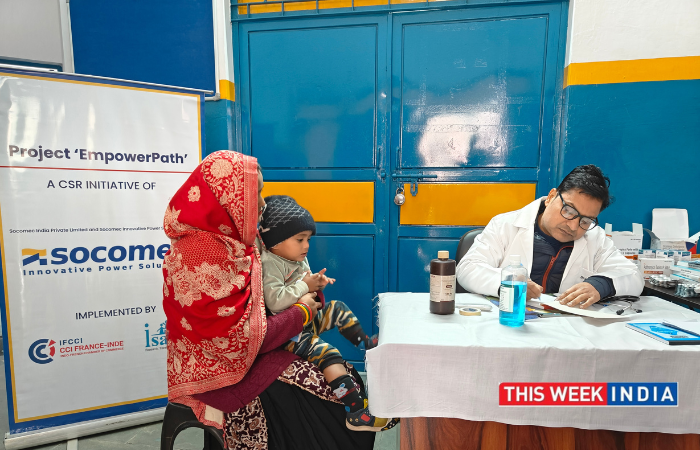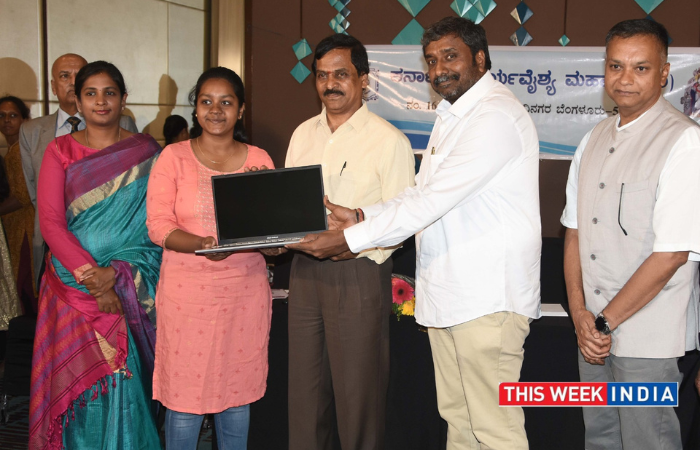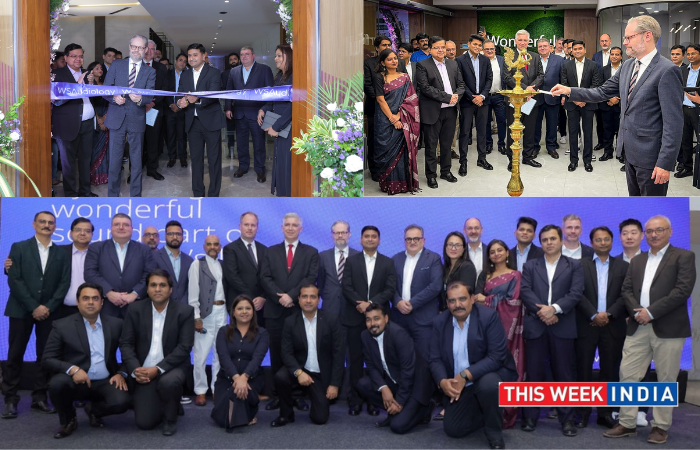India Lights the Way for the Global South at COP29: A Spotlight on Electric Mobility Leadership
Baku, Azerbaijan: Amidst a COP29 summit marked by slow negotiations and diminished expectations, India’s leadership in electric mobility emerged as a beacon of hope. A session titled “India’s Electric Mobility Leadership: Spotlighting EV Transition Pathways for The Global South,” held at the We Mean Business Pavilion by the Sustainable Mobility Network (SMN), showcased India’s inspiring journey of innovation, resilience, and collaboration in the fight against climate change.
Held on Transport Day at COP29, the event highlighted India’s pioneering efforts in driving the transition to electric vehicles (EVs), a crucial step towards decarbonizing the mobility sector. Through ambitious public policies, private sector initiatives, and a commitment to inclusivity, India is carving a transformative path for the Global South, a region grappling with unique developmental and climate challenges.
Key Highlights of the Session:
- Telangana’s Renewed Electric Mobility Push: Telangana, already a hub for electric bus and three-wheeler manufacturing, unveiled its ambitious Telangana Mobility Valley initiative at COP29. This initiative prioritizes skilling programs, fostering EV innovation, and electrifying public transport and last-mile delivery sectors.
- Karnataka: Championing a Just and Equitable Electric Mobility Transition: Karnataka has emerged as a leader not only in advancing electric mobility but also in prioritizing a just labor transition alongside electrification. As the first Indian state to launch an EV policy in 2017, Karnataka has built one of the largest EV public bus fleets and an extensive EV charging network. Its focus on supporting gig workers through equitable policies sets a benchmark for inclusivity.
- Driving Innovation Through Public-Private Partnerships: India’s electric mobility revolution is powered by a robust policy ecosystem, including FAME schemes, the PM-Edrive Initiative, and Production-Linked Incentives (PLI), alongside industry leadership from companies like JSW. JSW, with its presence across critical EV supply chain sectors, has played a pivotal role in decarbonization efforts and introduced innovative models like Battery-as-a-Service (BaaS).
- Global Lessons from India: India’s innovative policies are setting benchmarks for the global EV transition. Delhi’s Fleet Aggregator Policy, mandating a 2030 transition deadline for delivery fleets, is inspiring global action. Indian companies like Flipkart and Zomato, committed to Climate Group’s EV100 initiative, are leading the way in last-mile delivery electrification.
- A Collaboration with the Global South and Beyond: The session fostered a global dialogue, with representatives from Australia, the Dominican Republic, and other regions emphasizing the importance of renewable energy, cross-regional collaborations, and integrated mobility solutions.
India’s EV Journey: A Bright Spot in a Challenging COP
Sanjiv Gopal, Chief of Strategy, Asar, and Atul Mudaliar, Director of Systems, Climate Group (India), highlighted India’s potential to lead the Global South in creating sustainable mobility systems through bold policies, innovative partnerships, and a focus on inclusivity. India’s EV100 initiative, securing commitments from industry leaders for 100% EV fleets by 2030, sets a model for global action.
India’s electric mobility leadership at COP29 offers a beacon of hope, demonstrating that the Global South can drive sustainable and equitable mobility transitions. By sharing experiences and fostering collaborations, India can inspire global action and accelerate the shift towards a cleaner, greener future.








